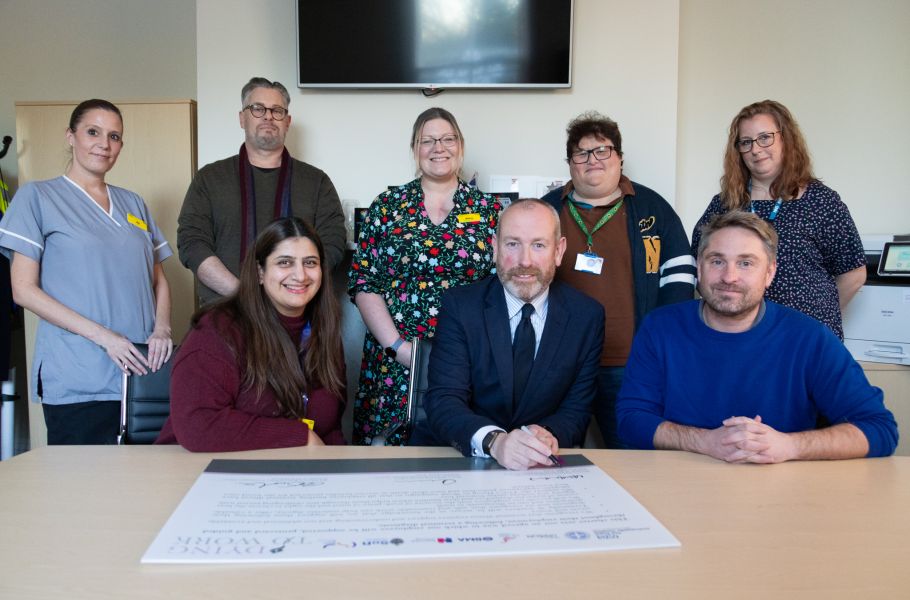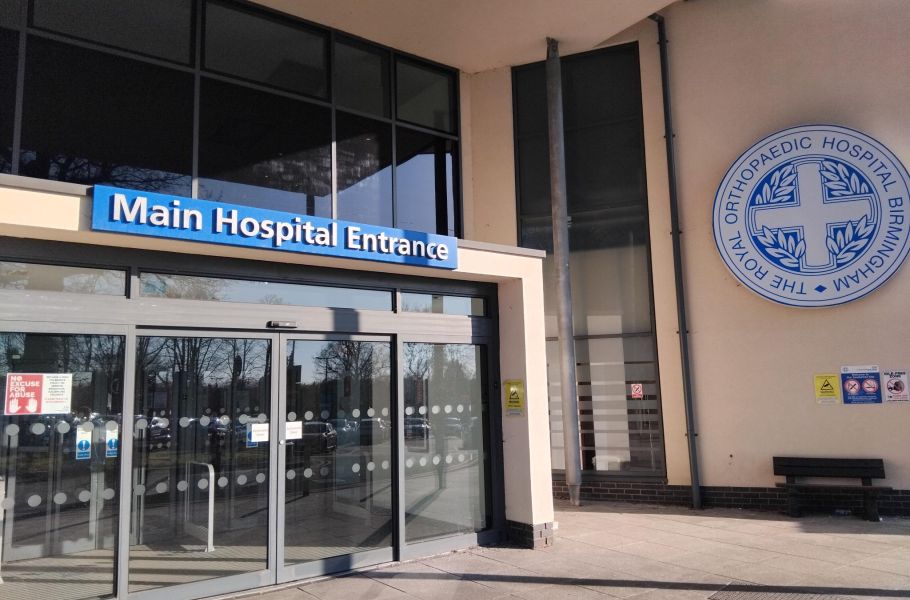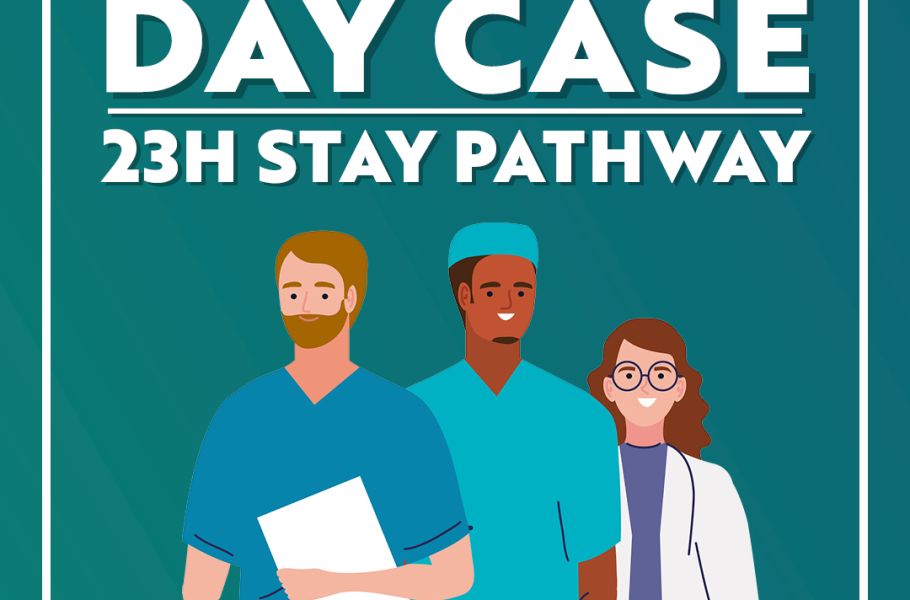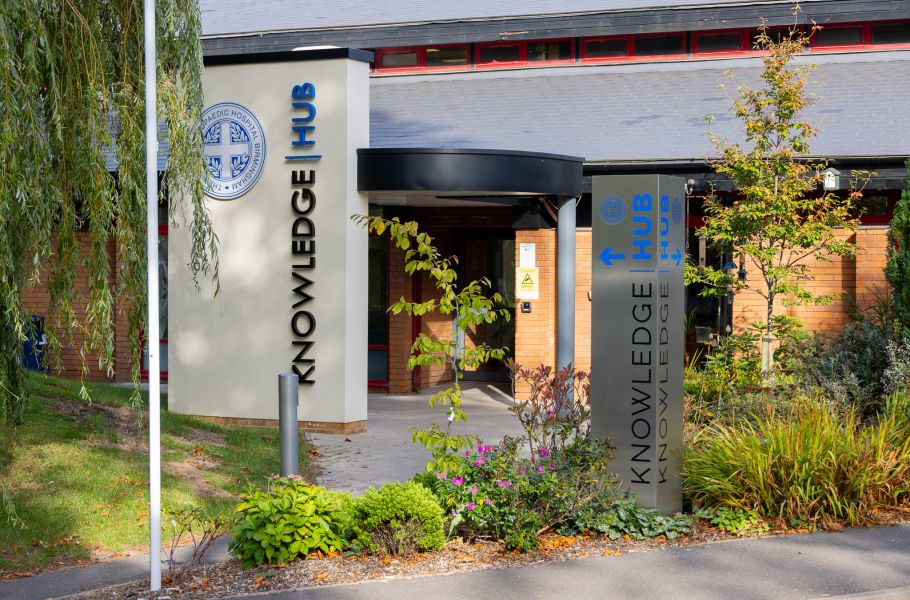This article was published on 03 May 2018
ROH leads the way with innovative knee therapy
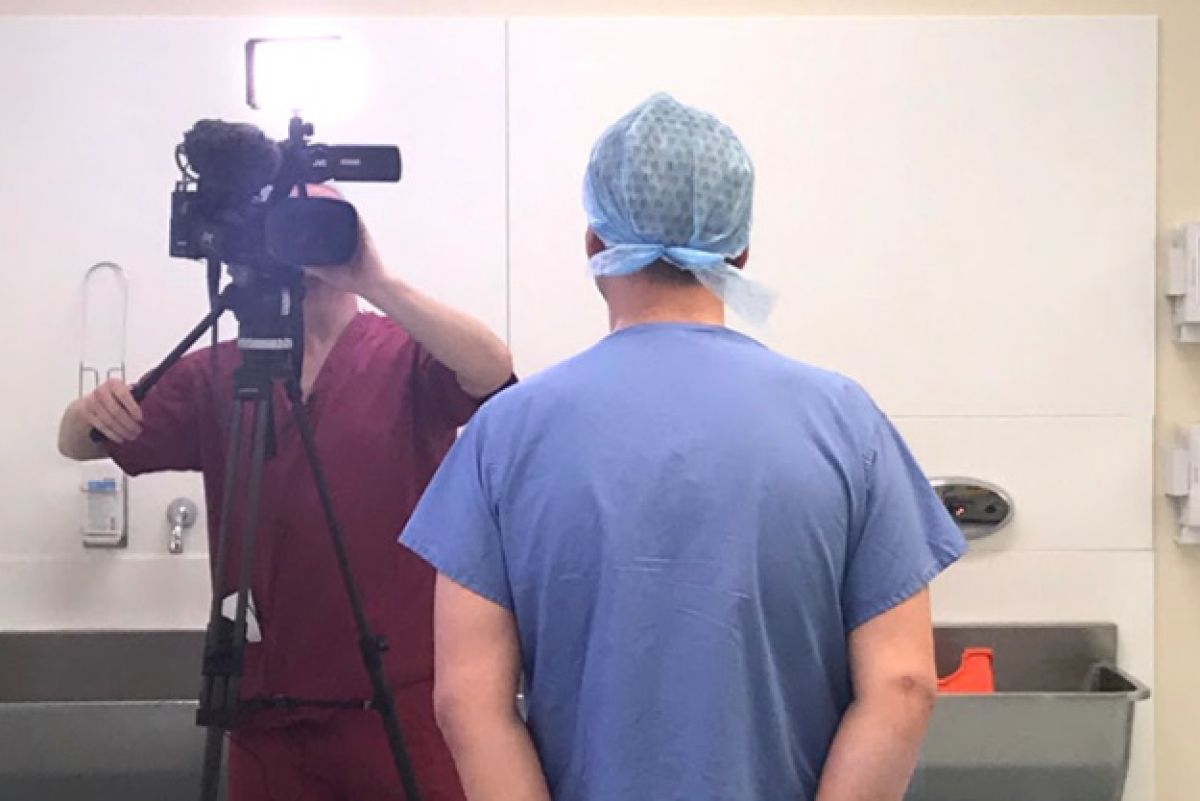
Spherox, a new therapy that could help people across the UK currently living with knee pain, is now available on the NHS.
Today, for the first time in the UK, a patient will undergo an operation using his own cells to repair defective cartilage in his knee at The Royal Orthopaedic Hospital (ROH) in Birmingham. The personalised therapy, called Spherox, has been shown to significantly reduce pain and improve quality of life in patients with cartilage defects, and is now available to eligible patients on the NHS.
The 30 year old patient, Dan McKenzie, injured his knee six years ago, when he was training to be a football coach. A year after the initial injury, Dan’s doctors found that not only had he torn the ligaments in his knee, but he had also caused significant damage to the cartilage (cushioning) in the joint.
“I’ve been living with this pain for six years now. While there are some days that I find the pain manageable, there are other days that the pain is so terrible that I can’t climb the stairs,” said Dan. “I feel lucky to be able to try this new therapy under the care of leading specialists at The ROH. I’m hopeful that this new therapy will help me get back into sport – and perhaps also playing football again one day.”

Image courtesy of BBC MIdlands Today
Cartilage found in knee joints acts as a shock absorber and can be worn away through trauma, repetitive injury or “wear and tear”. As this happens the bones begin to grate against each other resulting in difficulty moving and joint stiffness. It is estimated that every year in the UK, around 10,000 people have knee cartilage damage serious enough to require treatment. While smaller injuries can be treated successfully with other methods, those with mid- to larger injuries to their cartilage would benefit from this novel treatment.
Spherox, developed by German-based company CO.DON, is a personalised treatment that is developed using a sample of healthy cartilage cells from a patient’s own knee. The cells are then grown in a laboratory using CO.DON’s innovative biological techniques, condensing the healthy cells into spheroids (spherical balls). In this first UK operation, key-hole surgery will be used to re-implant these spheroids back into the patient’s knee where the healthy cartilage will use them as building blocks to repair itself naturally.
“There are limited options available on the NHS for managing cartilage defects larger than 2cm2, so we are very pleased to have this new treatment option and to be the first hospital in the UK to use it,” said Professor Martyn Snow, Consultant Orthopaedic Surgeon at The ROH in Birmingham. “Now that it is more accessible, we look forward to being able to help more patients who qualify for the treatment.”
About the Spherox treatment
Spherox has been widely used in Germany for cartilage defects of larger than 2cm. After completion of rehabilitation, Spherox offers 88% improvement of activities of daily living,3 which include walking up and down stairs, getting in and out of a car, or walking on a flat surface. Without treatment, cartilage injuries of this size can go on to cause greater cost to both the patients’ QoL and to the NHS, as the joint may develop arthritis or progress to complete loss of cartilage requiring a knee replacement. The National Institute for Health and Care Excellence (NICE), the UK body responsible for recommending cost-effective medicine, have determined that at £14,845 per operation, Spherox is to be available on the NHS to eligible patients with cartilage defects of up to 10cm2 in size.

